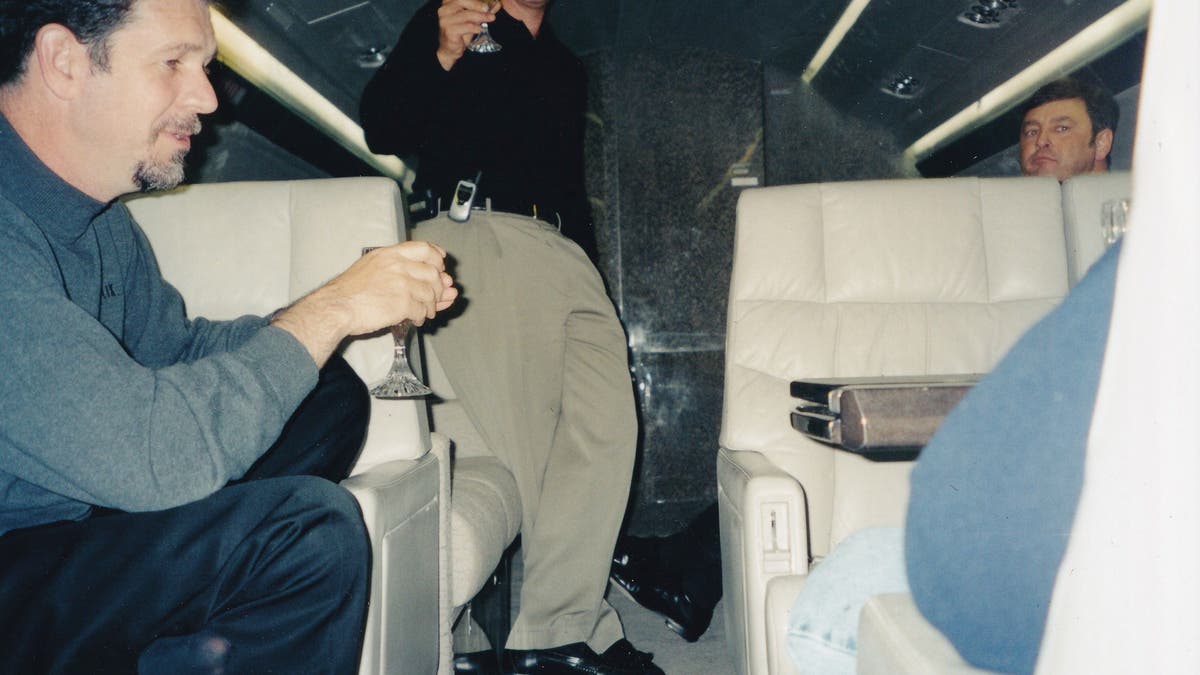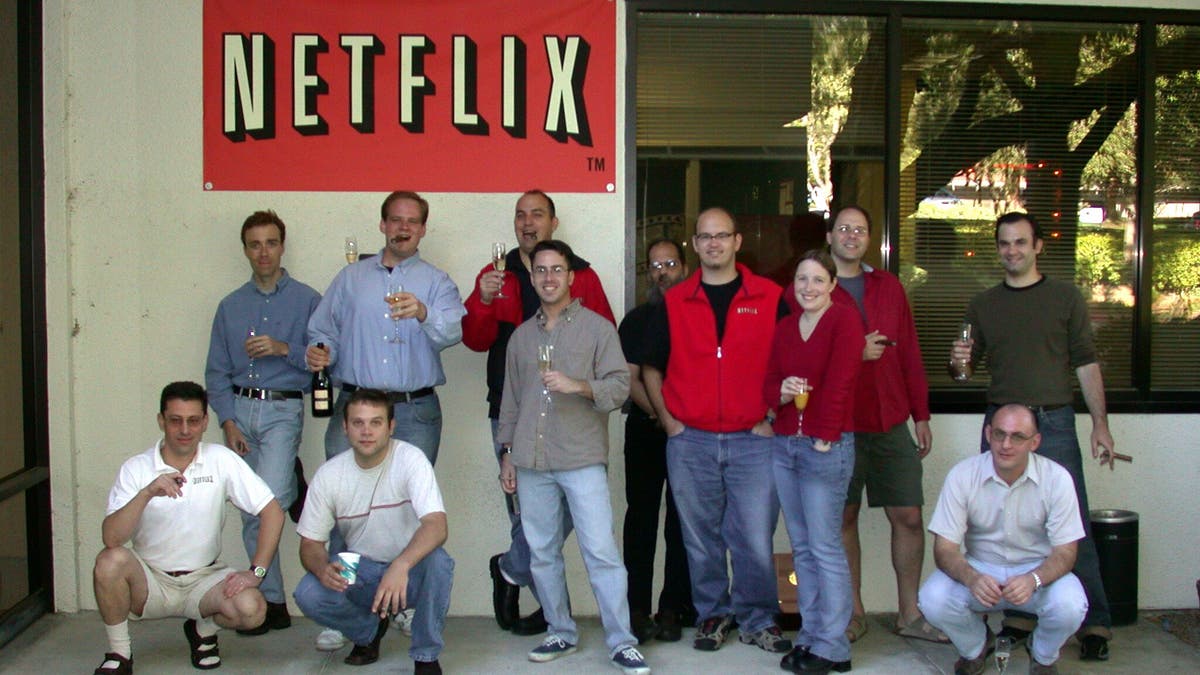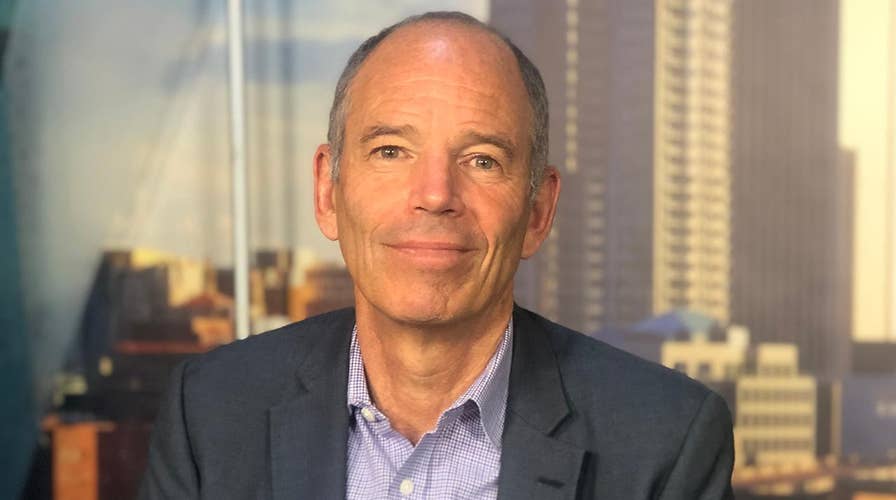Netflix co-founder Marc Randolph not worried about company’s future
Netflix co-founder March Randolph not worried about company's future other media giants debut own platforms.
Netflix, once the sole player in the realm of the DVD by mail craze that later blossomed into the digital streaming era, will soon find itself sharing the pie with other media giants like Disney, Apple, and NBC as they debut their streaming platforms.
“I think the biggest threats to Netflix are going to be those companies that have very deep catalogs and at the same time are going to be producing quality content that consumers want,” Kevin Sandler, film and media studies professor at Arizona State University told Fox News.
Apple TV Plus launched on Nov.1, Disney Plus is scheduled to debut on Nov. 12 followed by NBC’s streaming service called Peacock and HBO Max next year.
Marc Randolph, Netflix co-founder, and the company's first CEO, however, welcomes the emergence of new streaming platforms -- telling Fox News he is not worried about the media giant’s future.

Netflix co-founder Marc Randolph. (Benjamin Brown/Fox News)
“I think actually for Netflix, it's nice. It gives them some discipline in terms of saying how are we going to compete and maintain our edge, maintain our prevalence in the streaming world,” Randolph told Fox News. “But I'm not worried. You know, Netflix always behaves like a startup, which means it's always willing to do what it has to do to make sure it meets customer needs in the future and not relying on what it did in the past.”
Randolph, who was replaced as CEO in 1999 by Reed Hasting and left Netflix altogether in 2002 shortly after the company went public, said what differentiates Netflix from Disney, Apple, NBC and others is the company's “focus,” which could prove to be its “secret weapon.”
“I mean, the only thing Netflix does is streaming and movies. They are very disciplined, very focused. Whereas you look at Disney, which of course, has a studio, but they also have theme parks and they have cruise ships. You look at Apple, which, of course, has the retail stores and its hardware,” Randolph said, adding that “the time that I think I'll be worried about Netflix is when they come out with the Netflix theme park or the Netflix cell phone.”
But Sandler views Netflix’s limited revenue stream as a potential liability when it comes to competing with other established media behemoths.
“The fact that these other companies have multiple strands of generating revenue, partly because they are in a different media sector or have different elements among their media companies. So, Netflix has something to be concerned about because they have one source of revenue -- generally subscriptions,” Sandler said.

Netflix co-founders Reed Hastings (left) and Marc Randolph (center) celebrate the company's IPO. (Marc Randolph)
While Netflix boasts a subscriber base that has reached nearly 160 million subscribers, all eyes will be on Disney Plus, Apple TV Plus, and these other streaming services to see whether Netflix will remain in consumers' digital streaming portfolio or if they’ll make a change.
Disney’s streaming service will only cost $7 a month and Apple TV Plus will cost $5 a month and free for one year for those who recently bought certain Apple products – all significantly cheaper than Netflix’s standard plan at $12.99.
Speaking at the New York Times DealBook conference Wednesday in New York City, Hastings addressed the looming streaming battle while underscoring the fact that Netflix has been competing with the likes of Hulu, Amazon, and YouTube, according to Variety.
“We’ve already got a lot of competition,” he said, according to the outlet. Now, “Everyone’s realized, ‘Wow, this internet thing works… and so now all the major media companies are investing in their own services,” Hastings said, adding that “Disney’s the one that we really have the most to learn from in terms of entertainment.”
Randolph, who recently released a memoir about the origin story of Netflix titled That Will Never Work, described the company’s growth as the “most astounding thing in the world.”
NETFLIX WILL CURB SMOKING IN ORIGINAL PROGRAMMING FOLLOWING COMPLAINTS ABOUT 'STRANGER THINGS'
“I mean, in the beginning, in those early days, I just wanted to be the size of a single blockbuster store. And then we passed that, I wanted to be the size of a small video chain. I never imagined we'd have one hundred and fifty million subscribers. I never imagined we making our own television shows and producing our own movies,” Randolph said.
The company, which Randolph said was sparked from an idea after watching a movie with his daughter who had trouble sleeping at night rather than this “epiphany story that it all became clear [after] a late fee on a movie” has since grown from its small headquarters at a Best Western to a $125 billion company.

Marc Randolph co-founded Netflix with Reed Hastings in the late 1990s and has since grown into $128 billion business. (Bill Kunz)
“I wrote this book because first of all, I wanted people to know the untold story of Netflix, how it was not always this global streaming behemoth, but it was, in fact, at one point this tiny, struggling company in an office with dirty green carpets and no furniture.”
And while the competition has certainly increased as digital disruption continues to take over, Randolph assured Netflix isn’t going anywhere.
CLICK HERE TO GET THE FOX NEWS APP
"I named my book That Will Never Work because that's probably the most frequent thing I heard. My second most favorite expression was nobody knows anything, that no one has any idea what the future is going to bring -- and if they say they do, they're lying to you, which means I haven't the slightest idea what the future brings. And I don't think Netflix does either,” Randolph said. “But what they do know is that they're going have to change. They're going to have to be willing to adapt … whatever happens, whether the future of TV is beaming telepathically into your [head], Netflix will be there,” He added.









































